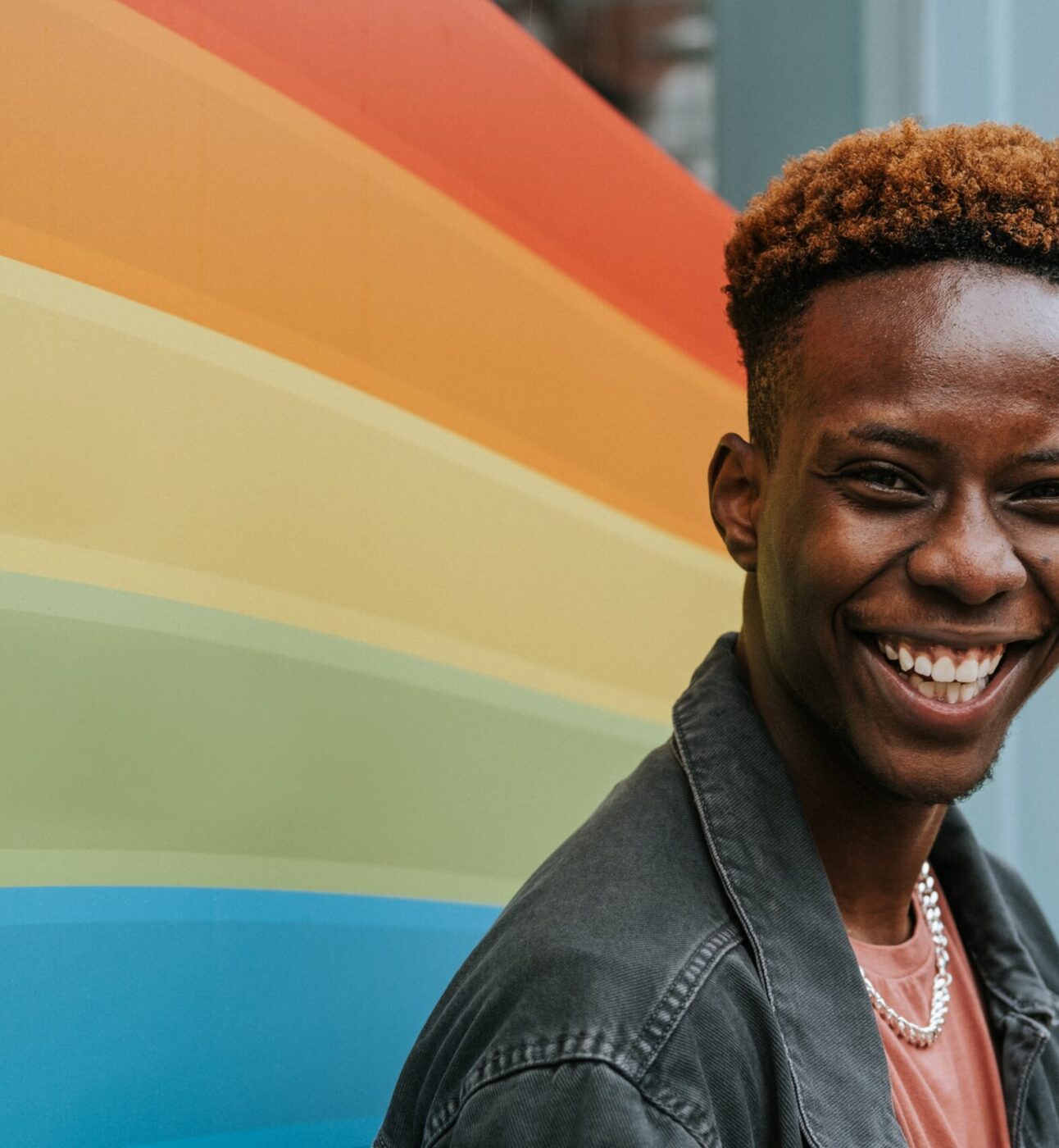
Rainbow Noir Manchester
are a social and peer support and community group. Their mission is to create safe spaces where LGBTQI people of colour can connect with community and affirm their identity.
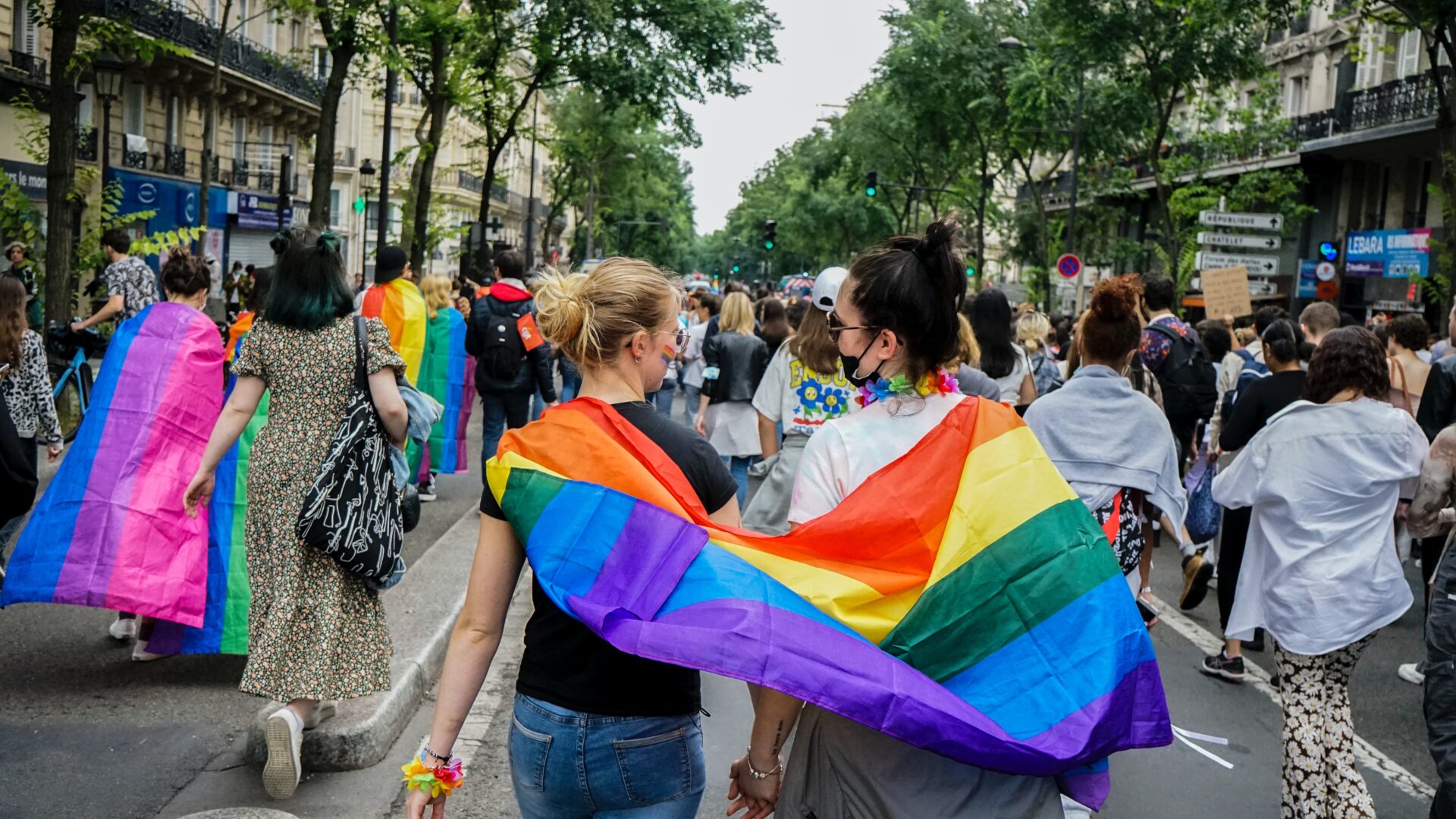
We have created this resource to give LGBTQ+ young people practical advice on staying safe at protests and marches, as well as at events like Pride.
There has recently been an increase in violence at LGBTQ+ protests and events, mainly by people who aren’t really there because of the cause, they just want to make trouble.
We have created this resource to give LGBTQ+ young people practical advice on staying safe at protests and marches, as well as at events like Pride.
In 2023, new legislation came into force as part of the Public Order and Police, Crime, Sentencing and Courts Act. This legislation affects the policing of protests and may impact those participating in pride marches and events. As a result, those attending pride must be extra vigilant and aware of their rights. New offences in the legislation include:
If you are stopped, you can record the interaction on your phone so long as it does not interfere or obstruct the officer – this is an offence so be careful. If you are with a friend you could ask them to record the interaction instead so as not to obstruct. If you would like to record, politely and calmly tell the officer that you are going to take out your phone first (if you reach into your pocket without warning this runs the risk of being misinterpreted as a threat).
Some officers do not like being filmed and might ask you to stop – however they can only take your phone from you if they suspect it has been stolen. You can download the Y-Stop app for use in recording. If your phone is taken from you during filming, the footage will automatically be sent to them.
If you are attending a protest, march or other event where police may be present it may be useful to print & bring a bustcard with you for accessible information on legal representation & guidance if stopped while at a protest. Green & Black Cross have prepared useful cards that you can print depending on your local area.
You can check the government’s website for more specific information about police powers.
If you are determined to take drugs, be aware that you cannot be certain what they contain and so moderation is key. Talk to Frank has lots of useful information and advice about different drugs.
Make sure you have friends with you who are aware of what you have taken and how much of it. Ideally you should ensure that at least one of your group remains sober so that they can take care of you should things go wrong.
If you are drinking alcohol make sure you have eaten properly and that you alternate with water so that you stay hydrated.
Make sure your phone has plenty of battery for making calls, consider using a ‘Find My Friends’ app (available on Apple and Android) for the day and agreed a place or landmark to meet at should you get split up.
If you or your friends get into trouble at an event you should go to the nearest Help Point or First Aid tent. Speak to a steward or security staff if you’re not sure what to do.
It’s important that you stay safe when out and about during the summer, especially if walking long distances when it’s hot.
Remember to:
Mermaids also have some advice on summer safety for people who wear binders.
The NHS have issued important guidance on heat stroke and heat exhaustion.
They advise that you should call 999 if you or someone else have any signs of heatstroke:
Heatstroke can be very serious if not treated quickly.
Put the person in the recovery position if they lose consciousness while you’re waiting for help.
People who take psychiatric medication are often more sensitive to sun and heat. Click here for more information on which medications might have an impact, and what you can do to stay safe in hot weather.
Some people on hormones may experience hot flushes which are made worse by the hot weather.
Follow the advice above to stay safe!

are a social and peer support and community group. Their mission is to create safe spaces where LGBTQI people of colour can connect with community and affirm their identity.
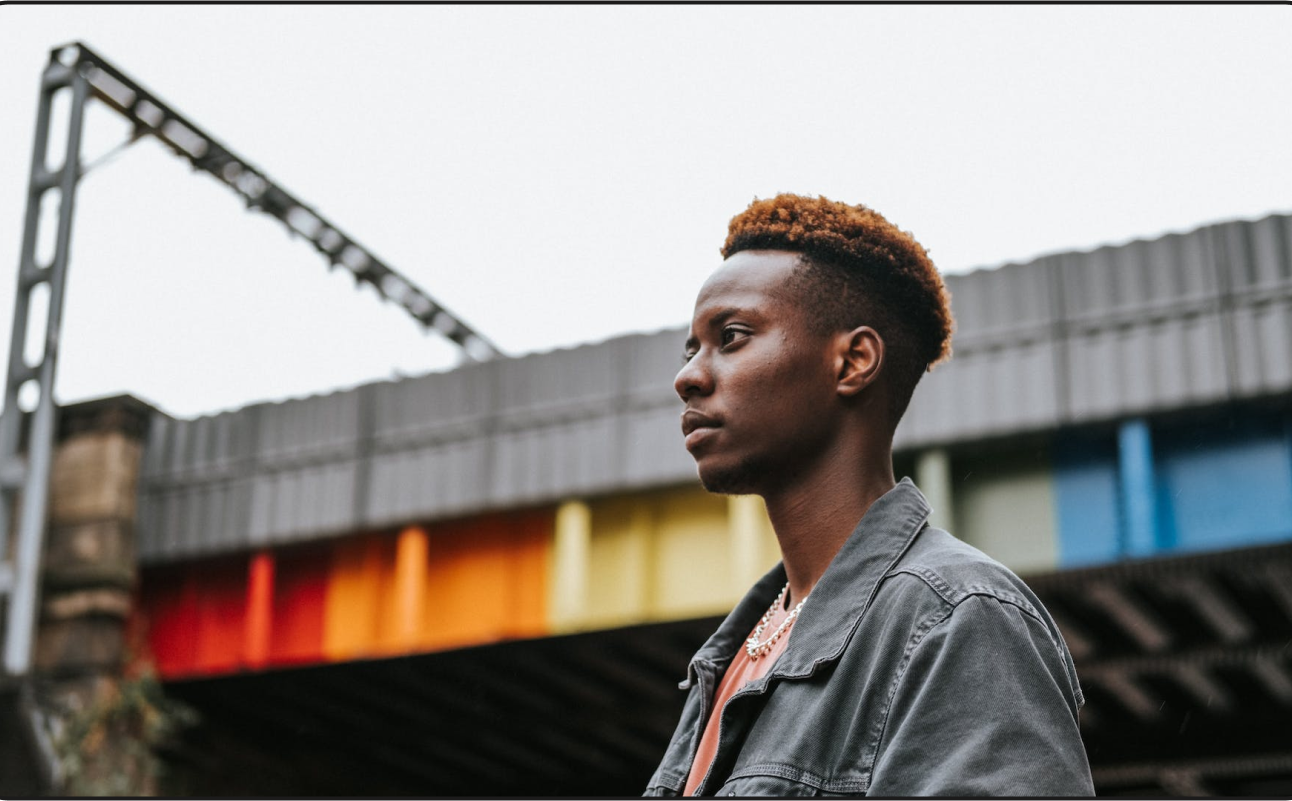
are a health and wellbeing collective, focussing on sexual and reproductive health, mental health, and chronic conditions management.
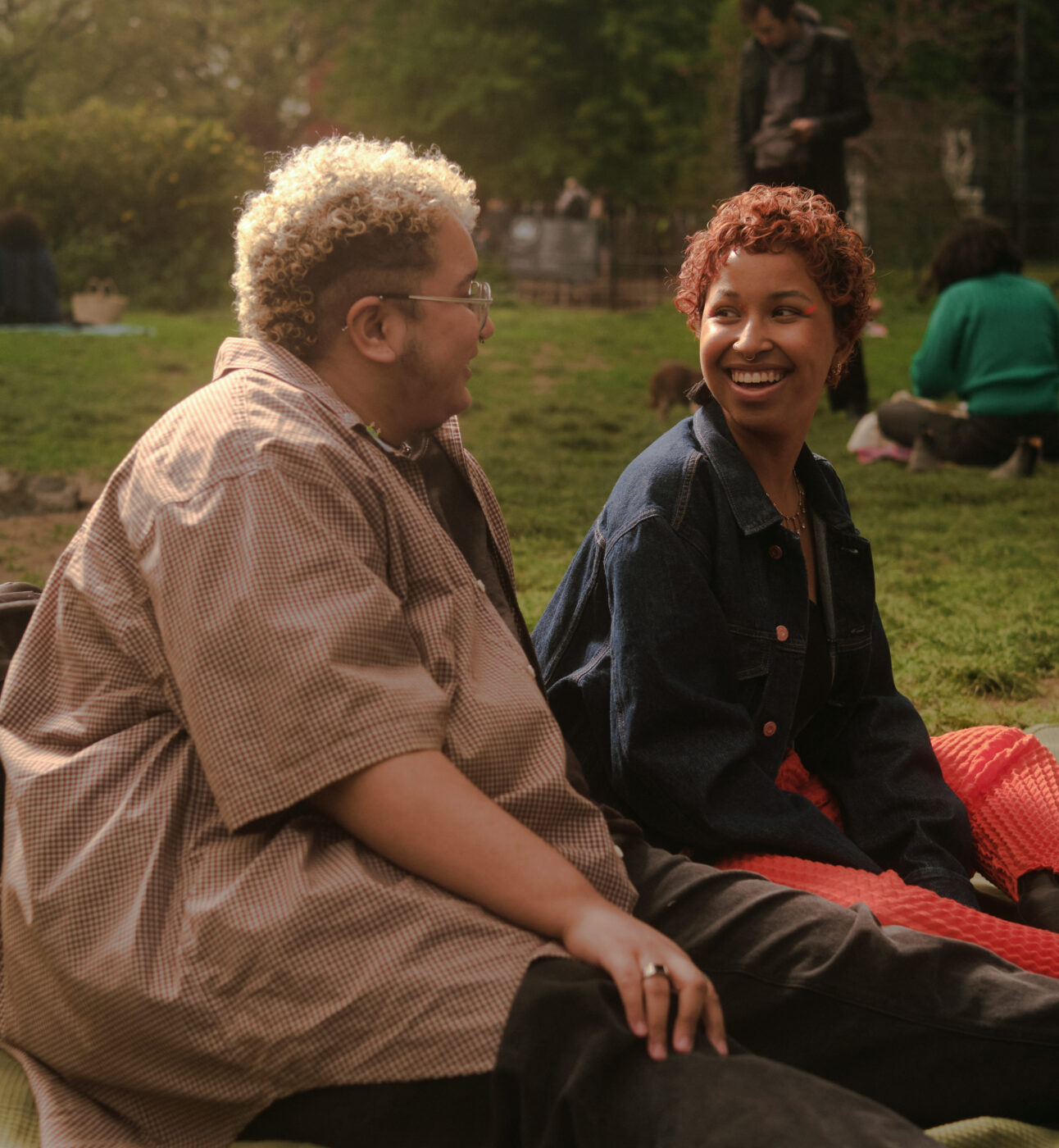
are an organisation that supports black LGBTQ+ people and take a stand against hate crimes.

is an organisation which focusses on South Asian LGBTQ people, providing resources from Urgent 24 hour support to homelessness.
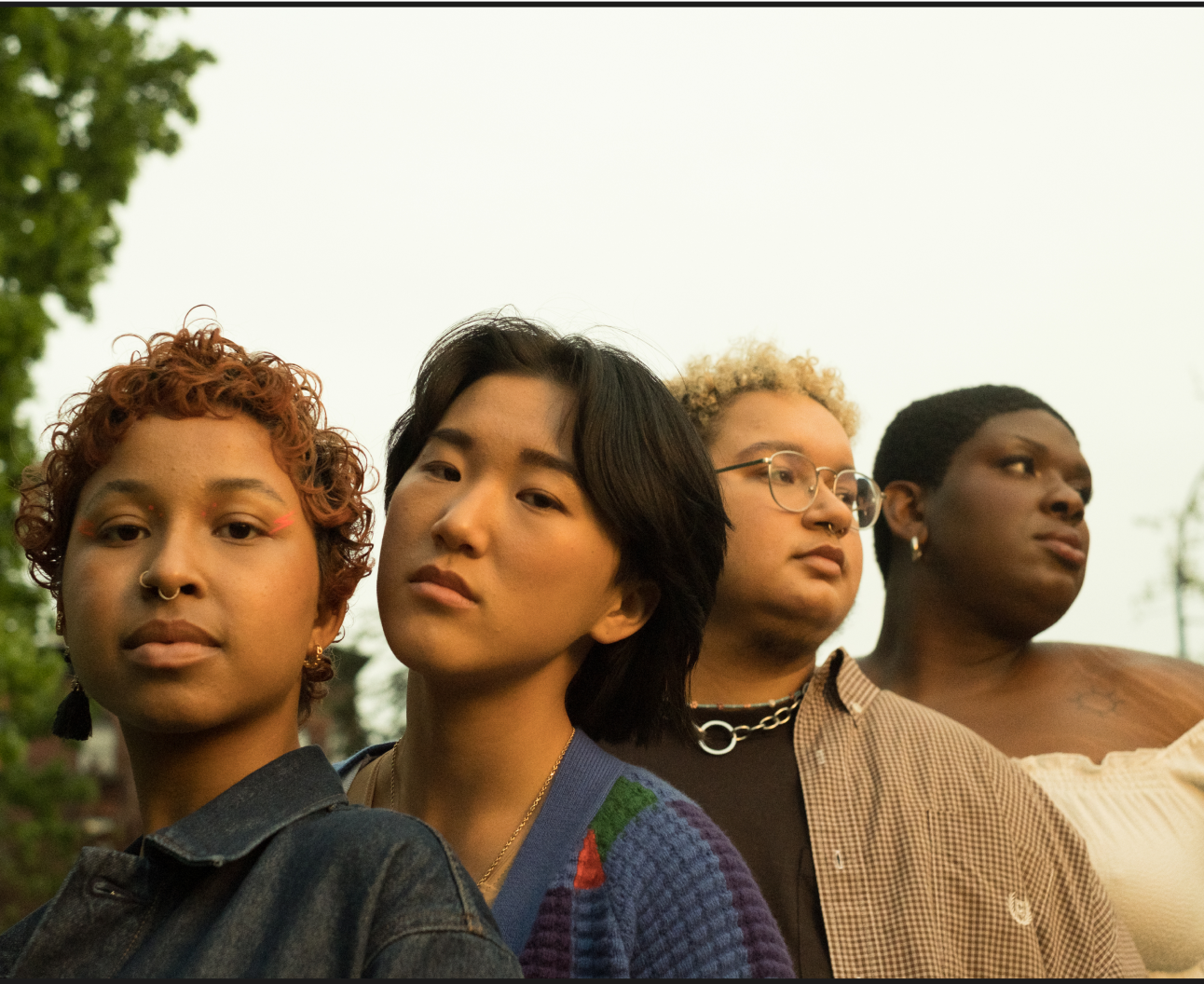
is the country’s leading LGBTQ+ Muslim charity, offering support through online and in person events.

is a charity created to educate and inform those who may have been witness of or a victim of a hate crime, offering support to report the crime, as well as training and education services to other organisations.
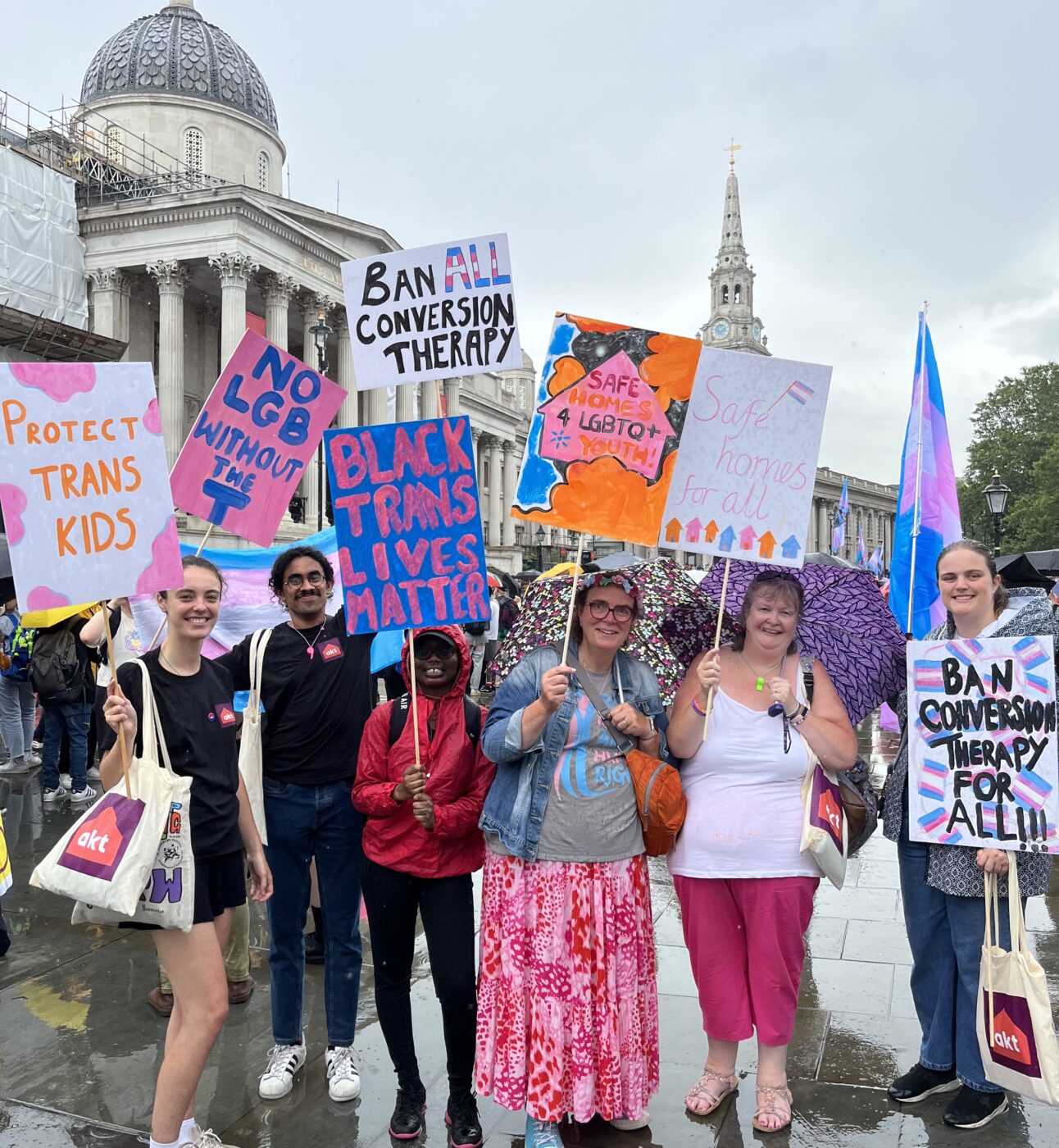
Here's a round up of all the pride celebrations that team akt attended this year!

All illegal drug use carries risk, but there are things you can do to reduce risks to your health and wellbeing. Read this guide to find out more.
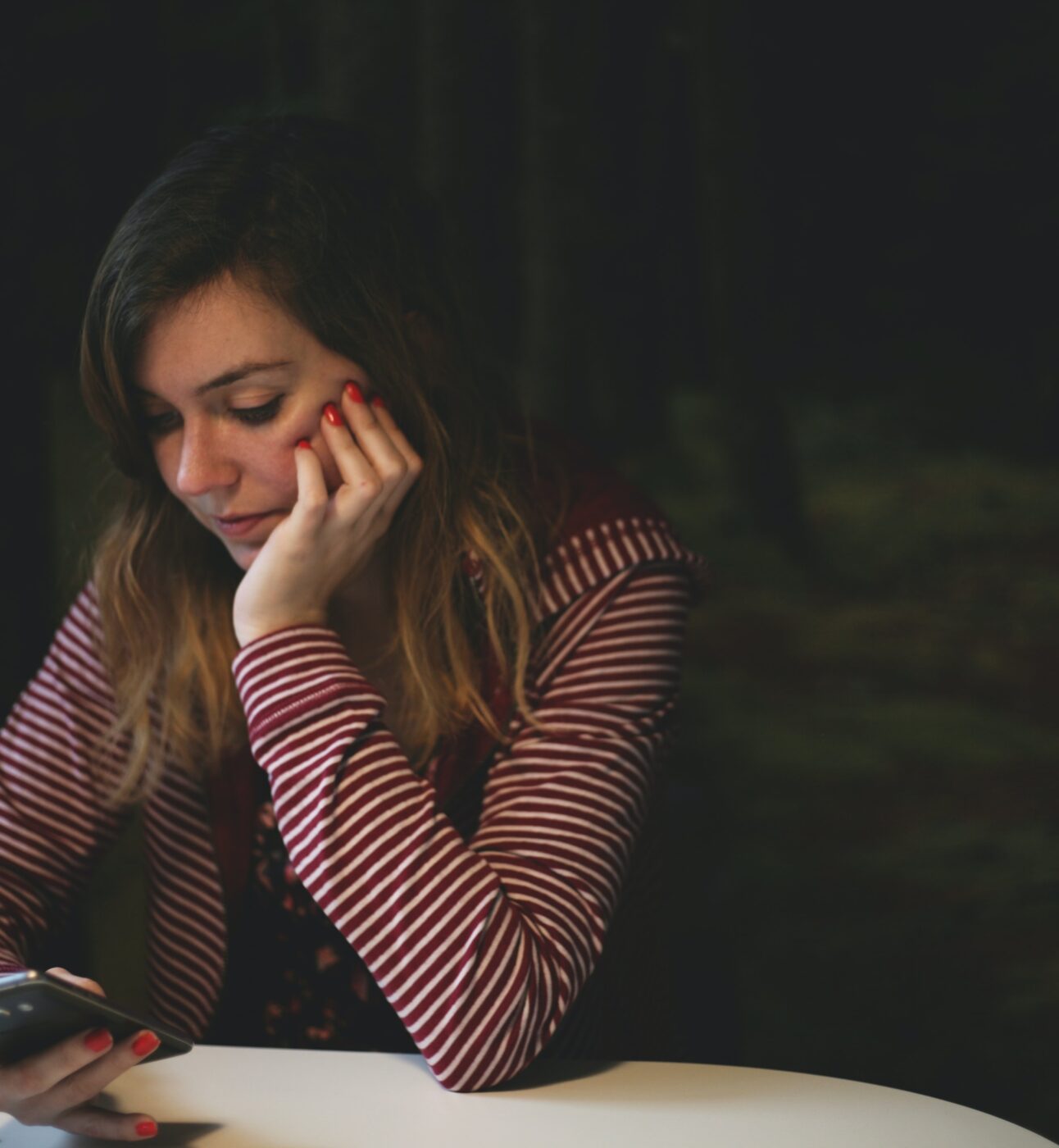
To recognise Mental Health Awareness Week, we've put together some mental health resources and support groups for LGBTQ+ young people.